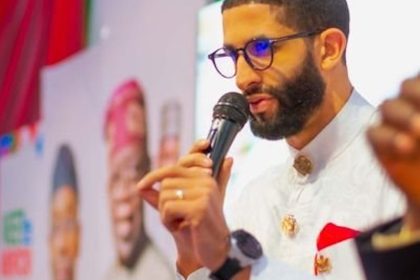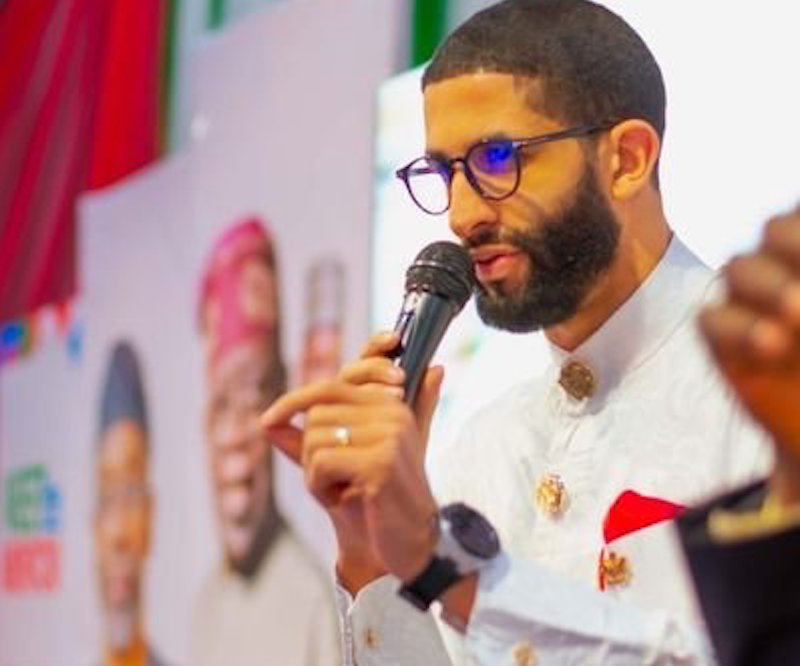

On Sunday, the Presidency declared that Nigerians would always be free to peacefully demonstrate. The administration of President Bola Tinubu is prepared to serve Nigerians, not “dominate” them, according to the statement.
Ajuri Ngelale, the President’s Special Advisor on Media and Publicity, addressed concerns on the government’s position on the nonviolent protests scheduled for August 1–10 on Sunday’s Politics TVC interview program with Femi Akande.
“Let me be clear: our purpose is to serve our people, not to dominate them,” he stated.
He stressed that no government agency “has the authority” to stop Nigerians from demonstrating.
While admitting concerns about a potential takeover of the protests akin to the 2020 #EndSARS movement, Ngelale stated, “No one in our administration has the authority to deny Nigerians their right to peaceful protest.”
In addition, he assured the populace that Tinubu was dedicated to placing Nigeria on a stable economic foundation in spite of the debts left over from the previous government.
Ngelale reasoned that despite the severe economic hardships Nigerians endure, the government is making efforts to raise living conditions in the short, medium, and long terms.
But he begged for tolerance, arguing that progress takes time and that there is no quick fix for the nation’s issues.
The national minimum wage was raised, the student loan scheme, the consumer credit program, the reconstruction of seaports and roads across the country, single-digit interest rate credit facilities for over a million MSMEs, and other FG initiatives were highlighted by the presidential spokesperson, who also emphasized that some of these initiatives might take some time to show results.
Currently, more than 300 roads are being rebuilt throughout all of the Federation’s states. This number does not include the superhighway that is being built from Lagos to Calabar, the Badagry to Sokoto motorway, and numerous other routes. Not to mention the $1 billion that is currently being spent on rebuilding the eastern and western seaports.
“A number of initiatives are already underway that directly generate employment and position us for a successful future in which this President’s aggressive pursuit of foreign direct investment is supported by our infrastructure.
However, he added, “it is also incumbent upon our administration—not just at the federal level, but clearly incumbent on the state and local levels as well—to make sure that whatever policies are being implemented to free up household budgets are actually carried out, that there is no administrative incompetence, and that there are no needless bureaucratic delays.”
Ngelale made the following claim, citing a number of social investment initiatives already underway: “There’s no denying that a lot of work needs to be done and is being done, some of which won’t have the bells and whistles of TV cameras and nobody’s going to be sitting in the office, for example, of the CBN Governor, as he completes his paperwork which leads to the full payoff of $7 billion worth of foreign exchange backlog.”
“While it has a significant impact on investor confidence and the country’s medium-term financial space, people won’t necessarily be dancing and celebrating about that.” Thus, a lot is happening.
“That is the kind of thing that Nigerians would need to give some time to see what the difference actually will translate into in terms of the impact on their livelihoods,” he said, referring to a recent ruling by the Supreme Court that granted local government councils fiscal autonomy.

